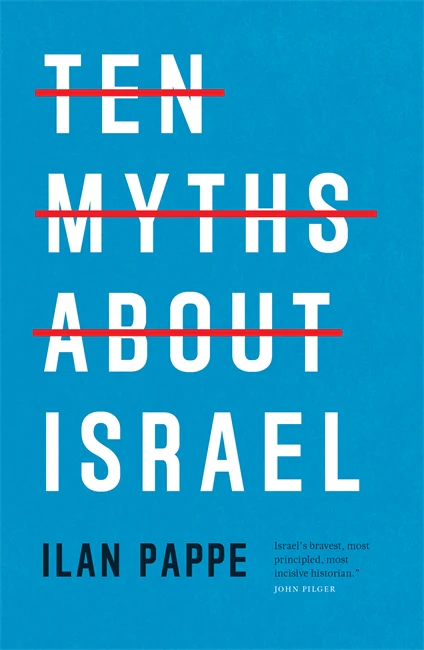The Hundred Years’ War on Palestine
- Gabby Womack
- Jun 21, 2024
- 3 min read

The Hundred Years’ War on Palestine: A History of Settler Colonialism and Resistance, 1917-2017 by Rashid Khalidi was everything I’d hoped it would be! It somehow managed to be both a brief and detailed account of this history complete with insight into actions that Israelis and Palestinians would have to take in order to establish a real peace. None of it is easy in practice, unfortunately, and has become even more difficult in the last six months. I highlighted a lot of text throughout this book but I’ll just share a few parts.
“Palestinian identity and nationalism are all too often seen to be no more than recent expressions of an unreasoning (if not fanatical) opposition to Jewish national self-determination. But Palestinian identity, much like Zionism, emerged in response to many stimuli, and at almost the same time as did modern political Zionism. The threat of Zionism was only one of these stimuli, just as anti-Semitism was only one of the factors fueling Zionism.”
If I went into reading this book without having taken a college course detailing U.S. propaganda on "The Middle East," I probably would have been more shocked by the insidious meddling that my country and the U.K. were involved in. As usual, they pretended to be unbiased moderators while directly contributing to Palestinian erasure in order to establish their own foothold in the region. I think that, more recently, learning of the ways in which these practices persist to this day has been a bitter pill to swallow. They aren't even hiding it!
“The irony is that, like all peoples, Palestinians assume that their nationalism is pure and historically rooted while denying the same of Israeli Jews. There is of course a difference between the two: most Palestinians are descended from people who have lived in what they naturally see as their country for a very long time, for many centuries if not many millennia. Most Israeli Jews came from Europe and the Arab countries relatively recently as part of a colonial process sanctioned and brokered by the great powers”
In mainstream media, we've been talking about a two-state solution for so long without acknowledging the ways in which global superpowers have enabled Israel's annexing of more and more land. Our governments say they want "peace in the Middle East" while boasting that Israel is supposedly the only democracy in the region. The U.S. and the U.K. benefit, and oftentimes cause, the chaos they claim to be fighting.
As Khalidi explains, we can only see this two-state solution work if Israel and Palestine enter into it on equal footing with equal parameters, which is not the case right now thanks for Israel's bodyguards/wallets.
“While the fundamentally colonial nature of the Palestinian-Israel encounter must be acknowledged, there are now two peoples in Palestine, irrespective of how they came into being, and the conflict between them cannot be resolved as long as the national existence of each is denied by the other. Their mutual acceptance can only be based on complete equality of rights, including national rights, notwithstanding the crucial historical differences between the two…Reducing the extensive sustained external support for the discriminatory and deeply unequal status quo would certainly smooth the path ahead.”
It took me quite a while to finish this book because I was highlighting sections and taking breaks but it was still a great primer on this topic, in my opinion.
I’m still in the middle of reading The Ethnic Cleansing of Palestine by Ilan Pappé, which I’ve been working through since December, because it’s much more academic and begins with the creation of Zionism in the late 1800s. So, recently, I've decided to read Ilan Pappé's Ten Myths About Israel since that seems a bit easier to digest.
If you are looking for a book that can give you some context for the present day in a more accessible language, I recommend The Hundred Years’ War on Palestine!










Comments